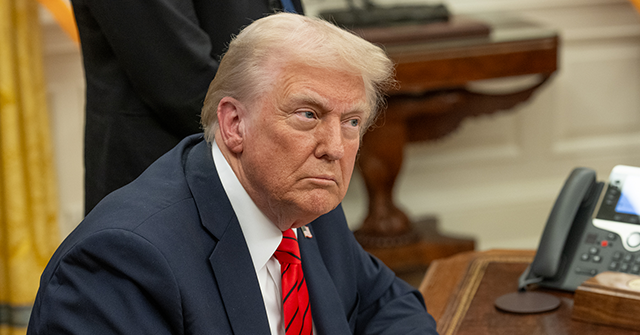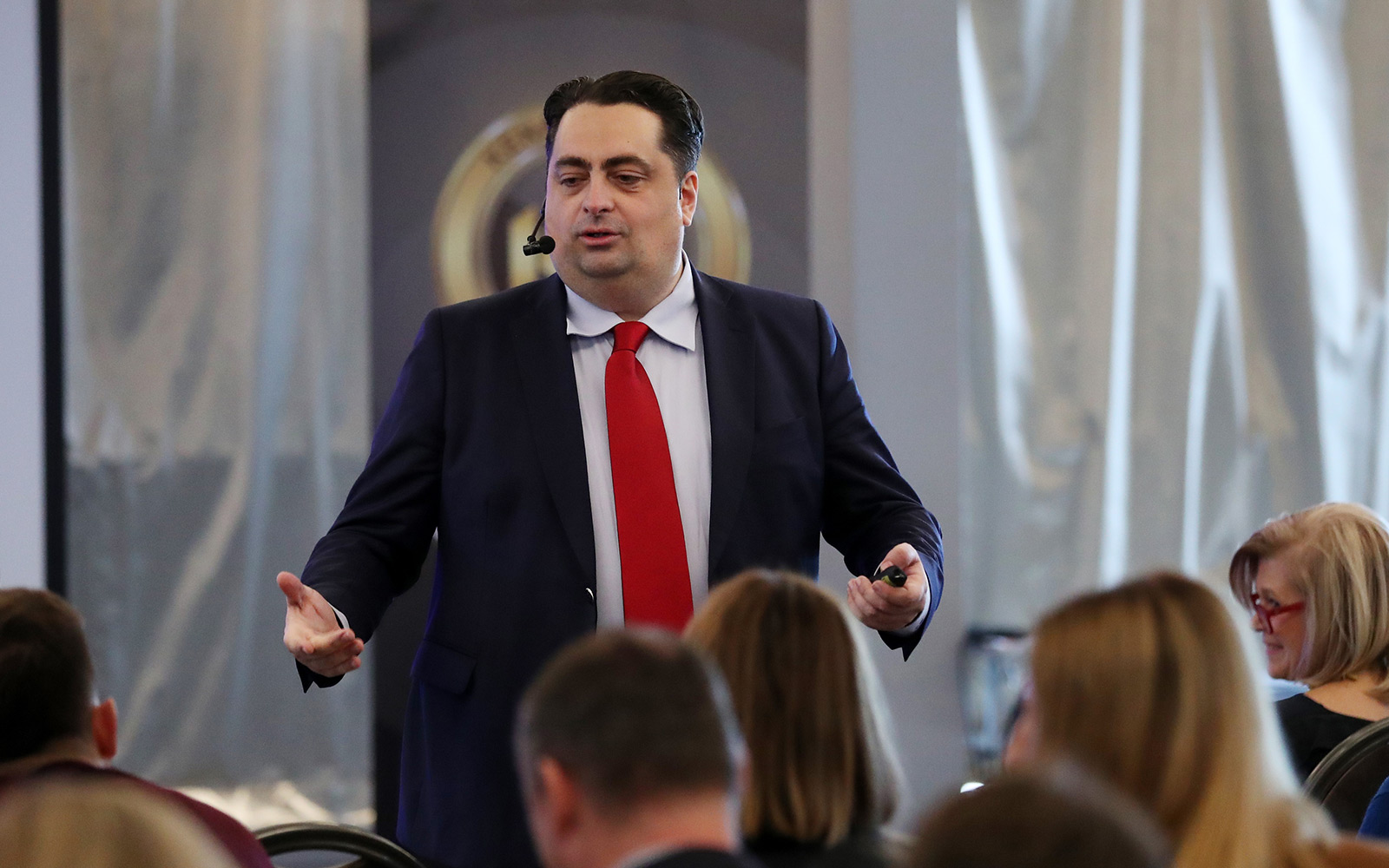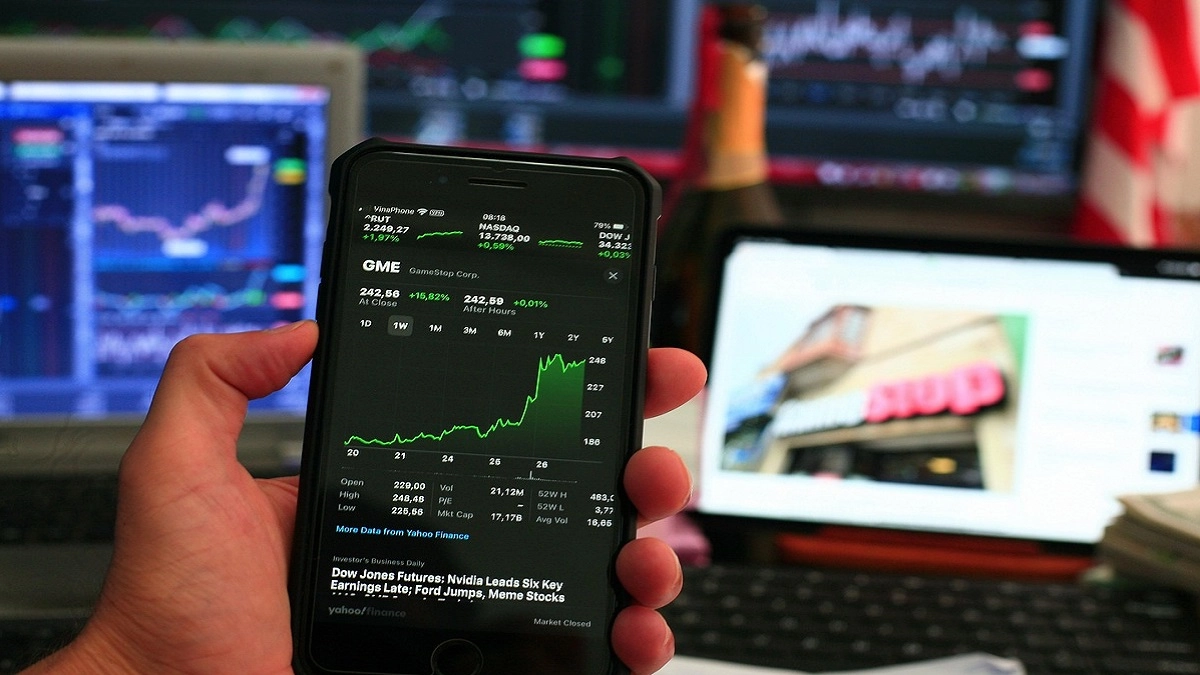Copyright Benzinga

Federal Reserve Governor Michael Barr discussed two potential scenarios of the AI revolution and its impact on the economy. Barr Outlines AI's Potential Economic Impact In Tuesday’s speech at the Singapore Fintech Festival on Tuesday, Barr said, “AI is a big deal that will transform economies.” He described two “possible scenarios” for the AI revolution. In the first, AI would gradually enhance existing tasks and jobs. In the second, it would trigger a profound transformation, redefining work and leisure, increasing research and development efficiency, reshaping industries, and giving rise to companies with entirely new business models, as per the Fed Governor. “Right now, it is difficult to predict which scenario (or perhaps one or more intermediate scenarios) will come to pass,” Barr said. He also highlighted a notable rise in data center investments, reflecting leading AI companies' confidence that AI adoption across the economy is approaching. This could drive “significant changes” in the economy, boosting labor productivity and enabling higher output growth without triggering inflation. “If these changes are significant, they can also affect the conduct of monetary policy,” said Barr. Challenges Of AI Adoption Barr also highlighted that financial services firms face significant hurdles in adopting GenAI. Organizational changes needed may be extensive, and history shows AI adoption—like earlier machine learning—has been slow, even in highly digitized firms. Fintech startups designed around AI can help drive efficiency, but short-term productivity may decline due to heavy investments in process improvements, said Barr. Additionally, using AI for core financial activities is constrained by legal and risk-management requirements, meaning innovation must carefully balance efficiency gains with regulatory compliance. See Also: Bitcoin User Accidentally Pays Over $105K To Send Just $10 Experts Debate AI Boom Risks and Rewards The AI revolution has been a topic of concern and interest for many. Billionaire investor Barry Sternlicht recently expressed his concerns about the rapid expansion of data centers and AI, warning of unsettling economic and social costs. However, he also revealed that his firm has $20 billion dedicated to the data center space. Economist Justin Wolfers warned of a potential “non-AI recession” in the U.S., stating that the country is effectively operating as “two economies,” with a massive AI boom concealing significant weaknesses in other sectors. On the other hand, veteran economist Ed Yardeni advised investors to view the recent pullback in AI stocks as a buying opportunity, arguing that widespread market nervousness is a healthy sign that differentiates this boom from the dot-com bubble. Price Action: On a year-to-date basis, the Global X Artificial Intelligence & Technology ETF (NASDAQ:AIQ) and iShares Future AI & Tech ETF (NYSE:ARTY) climbed 34.27% and 30.17%, respectively, as per data from Benzinga Pro. READ NEXT: Bernie Sanders, Left Senators Slam Trump For AI-Driven Power Price Surge, Forcing Americans Into ‘Bidding Wars’ With Big Tech: Report Image via Shutterstock



